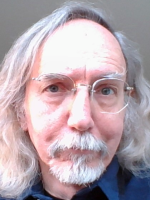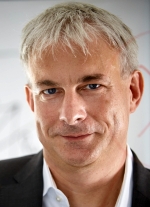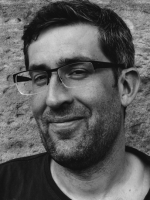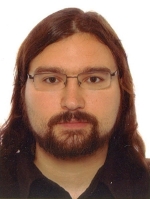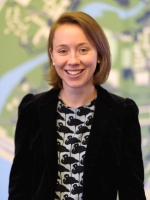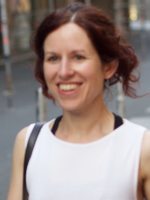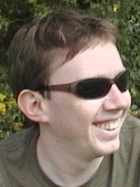Members
Rush Stewart (MCMP/LMU) is an assistant professor at the Munich Center for Mathematical Philosophy. He holds a PhD in philosophy from Columbia University. His research focuses on rational inference and decision making for individuals and groups. Rush has published work on abstract choice theory, belief revision, fair assessment, merging of opinions, polarization, and probabilistic opinion pooling. He is currently working on a few projects at the intersection of political philosophy, probability, and rational choice. For more information, please visit his website.




